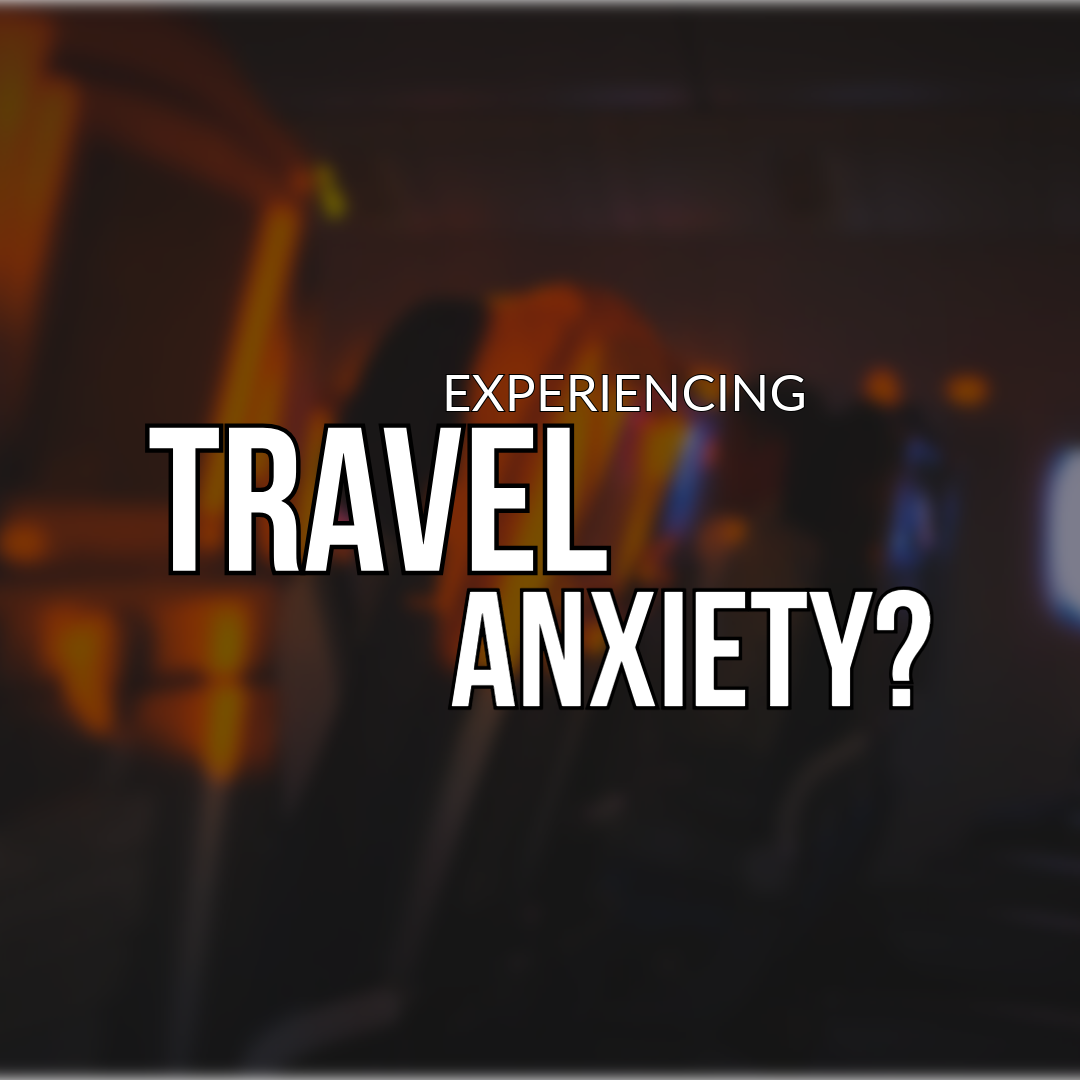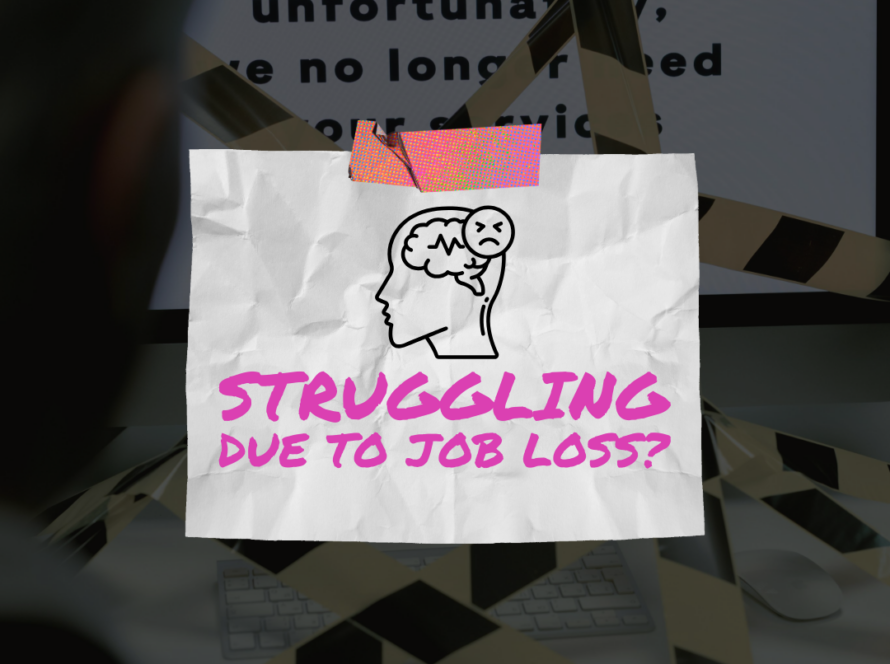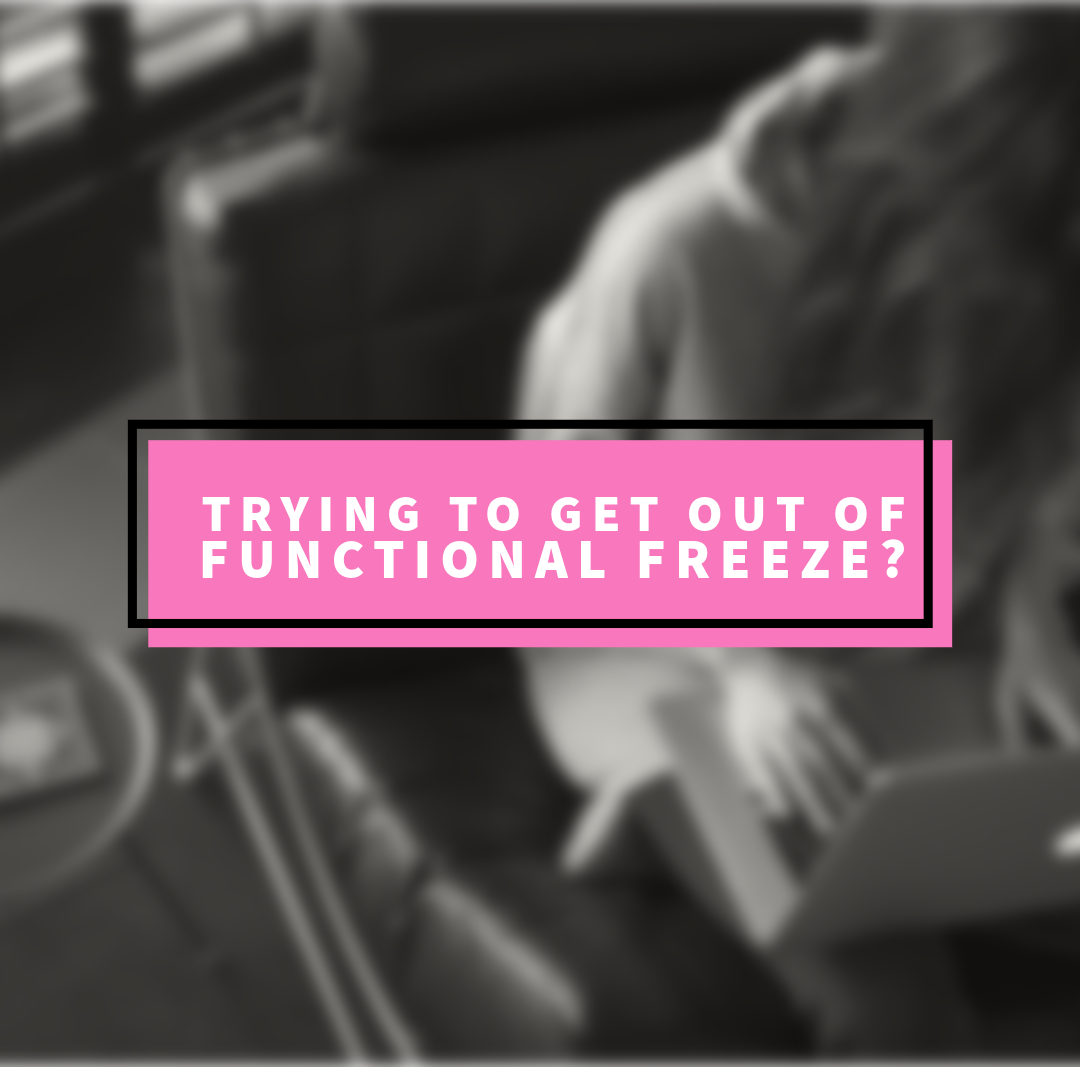Experiencing Travel Anxiety?
Many people are experiencing heightened anxiety around air travel due to recent news about aviation incidents, according to Rebecca Skolnick, PhD, a licensed clinical psychologist and co-founder of MindWell NYC. This increased anxiety is fueled by a rise in reported deadly crashes in 2025, which has made travelers more concerned about safety despite air travel remaining one of the safest modes of transportation.
Reasons for Travel Anxiety:
- Recent high-profile air accidents have raised fears, even though these are isolated events and not indicative of a growing trend.
- Passengers feel a lack of control and claustrophobia during flights, which can trigger anxiety or panic attacks.
- Economic pressures, changes in airline staff interactions, and mechanical issues with aging aircraft contribute to stress around flying.
- The constant media coverage and easy access to news amplify fears and make it harder for travelers to feel calm.
Strategies to Manage Travel Anxiety:
- Focus on factual safety statistics to counteract the tendency to overestimate risk based on recent news.
- Prepare a plan for the flight with distractions like books, podcasts, or movies to occupy the mind during stressful moments such as takeoff and landing.
- Practice relaxation techniques such as deep diaphragmatic breathing and progressive muscle relaxation to calm the nervous system mid-flight.
- Reframe the risk by recalling previous positive flight experiences and recognizing that some level of uncertainty is part of everyday life.
- Embrace patience and organization to reduce stress before and during travel, and set clear goals for the trip to maintain a positive focus.
- If anxiety is overwhelming, seeking professional help such as cognitive-behavioral therapy can be effective in managing fears.
Additional Tips:
- Being prepared for security procedures and knowing what to expect can reduce pre-flight stress.
- Using travel accessories designed to ease flight anxiety may also help.
In summary, while travel anxiety has increased due to recent events and media coverage, air travel remains very safe. Employing practical coping strategies and, if needed, professional support can help travelers manage their fears and regain confidence in flying.


